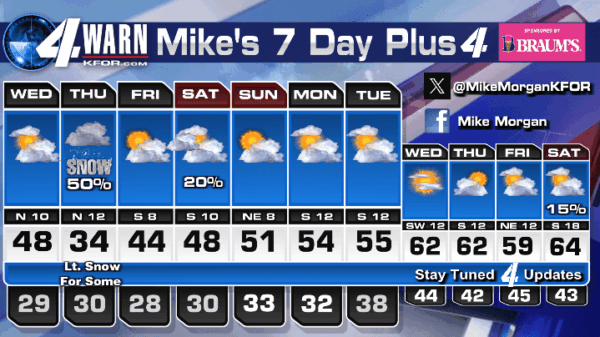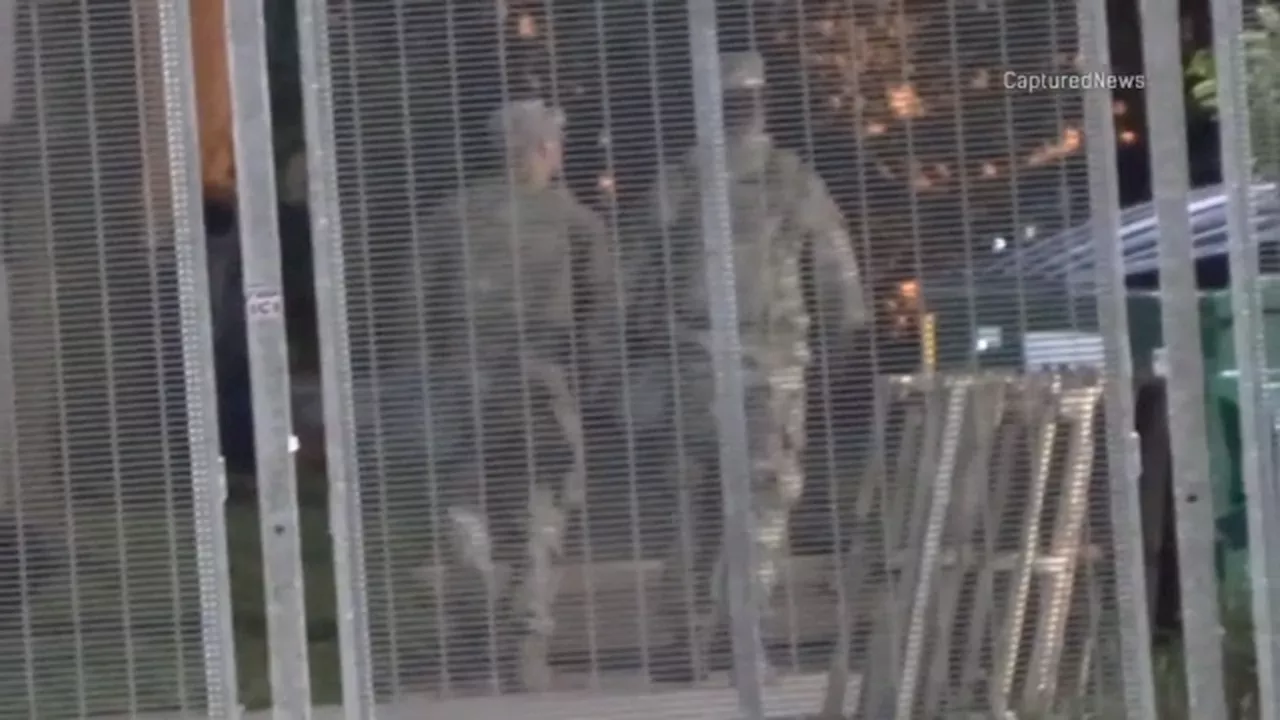The Trump administration has requested that the Supreme Court affirm the legality of deploying the National Guard to Illinois in response to immigration enforcement challenges. In a letter sent on Monday, Solicitor General John Sauer urged the justices to show “extraordinary deference” to the president as commander-in-chief. This plea follows a federal judge’s decision to indefinitely extend a temporary restraining order that blocks the National Guard’s deployment in the Chicago area.
The administration argues that federal agents cannot effectively carry out immigration enforcement on their own, necessitating the involvement of the National Guard. According to Section 12406 of federal law, a president may call up the National Guard if he is “unable with the regular forces to execute the laws of the United States.” Sauer clarified that this provision does not apply to the standing military, which President Donald Trump has not sought to deploy in Illinois.
Instead, Sauer contended that the law pertains to “civilian forces” like Immigration and Customs Enforcement (ICE) and the Department of Homeland Security (DHS), which are currently unable to manage the situation effectively. “Given the nature of the problem in Illinois, it was a reasonable exercise of the President’s discretion to deploy National Guardsmen,” Sauer stated. He highlighted their experience in de-escalating domestic disturbances as a significant advantage over traditional military forces, which are trained primarily for combat.
The state of Illinois and the city of Chicago have challenged the legality of this deployment, accusing the Trump administration of misinterpreting the law. They are expected to submit their response to the Supreme Court by next week.
The legal dispute centers on the interpretation of federal law regarding the deployment of military resources for domestic law enforcement purposes. Critics argue that the administration is overstepping its authority and undermining legal protections.
As the situation continues to unfold, the Supreme Court’s response could set an important precedent regarding the boundaries of presidential power and the involvement of the National Guard in domestic affairs. The implications of this case extend beyond Illinois, as similar disputes may arise in other jurisdictions facing immigration enforcement challenges.
The outcome of this legal battle remains uncertain, but its resolution will likely impact the future of immigration policy and the role of military resources in enforcing federal laws.






































































